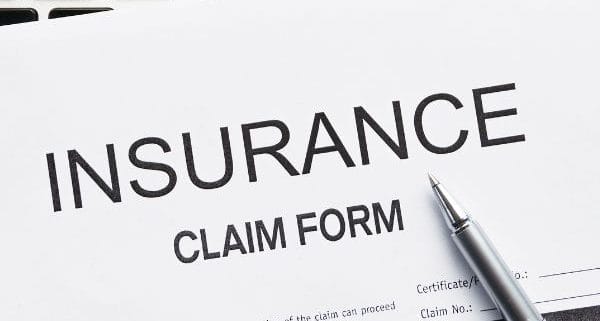First-Party vs. Third-Party Bad Faith: Differences
If you live in Florida and believe your insurance provider acted improperly, you may be able to sue them for bad faith insurance and get compensation for the harm they caused. In Florida, insurers must act reasonably and honestly when resolving disputes with policyholders.
First-party and third-party claims for bad faith insurance are the two main categories. Policyholders who have never been in a court case may not know much about insurance litigation. They may know the terms “first-party” and “third-party” in the context of a bad faith insurance lawsuit, but they may not know the differences between the two types of claims.
Let’s take a brief look.
First-party Bad Faith
First-party bad faith insurance lawyers’ claims must involve written notice of the claimed breach of good faith within 60 days after the violation. Generally, a policyholder will file a first-party bad faith insurance case against their insurer because the insurer wrongfully denied, delayed, or underpaid your filed Florida insurance bad faith first-party claim.
Consider the scenario when you have private disability insurance and incur a physical impairment that prevents you from working. Then you submit an insurance claim for disability compensation, but your insurer rejects it. You may have a valid first-party bad faith insurance claim to pursue if you can demonstrate that the insurer incorrectly refused your claim.
You may amend and resubmit your application with the help of a personal injury lawyer in Boca Raton, FL, contest the rejection of benefits via an administrative appeal, or seek legal action in the Florida courts if the appeal is denied.
Third-party Bad Faith
You may file insurance bad faith claims under the statute (624.155) or the common law. The circumstances surrounding a claim for bad faith insurance lawyers against a third party differ from those surrounding a claim against an insurer in ill faith. Third-party bad faith insurance claims may arise when an insurer takes on the duty of defending a policyholder in court.
A concern for your best interests should guide the insurer’s actions in court. Your assets might be at risk if the insurance company fails to defend or settle the Florida insurance bad faith first-party claim within the policy limitations adequately. The insurer’s failure to act in good faith in your best interests may give rise to a valid claim that you were at risk of significant financial loss.
Have you experienced insurance company wrongdoing in a claim denial, delay, or interference? You may also be personally liable if a third party has sued you and your insurer has failed to settle the case within the policy limitations.
According to a personal injury lawyer in Boca Raton, FL, you may have the right to file a claim for bad faith insurance against your insurer, either as a first party or a third party. In Florida, you must follow various procedural steps to prove that the insurer broke their duty of good faith. In light of this, you must collaborate with a competent Florida attorney who has experience defending lousy faith insurance claims on behalf of different policyholder customers.
Bottom Line
Do you think the insurance company paying your claim is doing it in bad faith? To handle your bad faith insurance claim, you need the help of an expert lawyer. Contact our Bernstein|Polsky team today to find out more about your legal options and how you can get assistance in obtaining justice.






